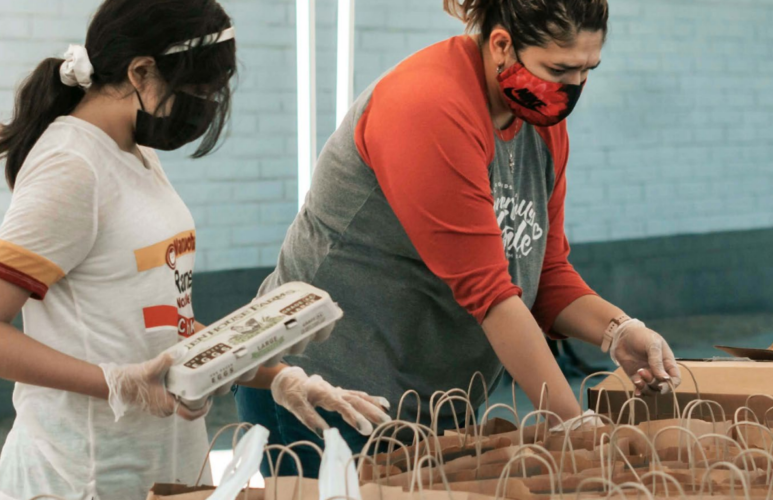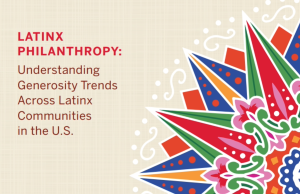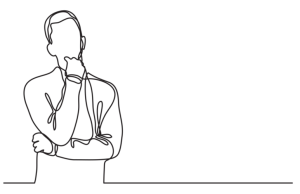Individual donors maintained their commitment to charitable giving throughout the pandemic, even expanding their giving in less traditional ways, while corporations increased giving and multi-year pledges, with particular focus on health causes.
Those are some of the insights from new research by the Indiana University Lilly Family School of Philanthropy at IUPUI. Understanding Philanthropy in Times of Crisis: The Role of Philanthropy in COVID-19 examines the ways in which individuals and corporations responded philanthropically to the COVID-19 pandemic and includes lessons that can help inform giving and fundraising practices. The 43-page study was completed in partnership with Salesforce.org.
“Although the pandemic’s long-term effects are still unfolding, this study’s findings on shifts in giving patterns and the innovations developed to facilitate giving in this new environment will help donors and nonprofits as they adapt and plan for year-end 2021 and beyond,” said Una Osili, Ph.D., associate dean for research and international programs at the school.
Individuals responded to needs through traditional means, such as giving to their preferred charities or causes, and also expanded giving through less traditional means, like crowdfunding gifts and giving directly to strangers or local businesses in need. End-of-year giving made up a larger portion of individual giving in 2020 than in the previous two years.
Businesses worked to equip employees and staff to direct their gifts where need was greatest, and in some cases, directly assisted their employees affected by the pandemic. More than one third (35%) of corporate giving went to health causes in 2020 compared with 12% of donations from non-corporate donors supporting health causes. Finance and insurance companies dominated corporate giving to COVID-19 relief in 2020.
Campaigns and other activities that were once in-person shifted to an entirely digital context. Technology played an important role for corporations to continue their workplace giving programs during the pandemic. The growth in the remote workforce also calls for more innovative ideas leveraging digital fundraising and virtual volunteering tools to promote employee engagement in the years ahead, according to researchers.
Data and information for the study were gathered by analyzing several sources. For individual gifts, the CDC Foundation, Charity Navigator and Global Impact provided access to datasets on individual gifts from 2020 in the U.S., with a particular focus on the early part of the pandemic, from March to June 2020.
CDC Foundation and Global Impact also provided additional context with responses to open-ended questions focusing on their organizations’ own experience during the pandemic, with additional qualitative insights into individuals’ gifts to their organizations.
Data for corporate gifts were provided by Candid, and by examining analytical work completed for Giving USA 2021 that examined the broader corporate philanthropic environment in 2020. Insights into workplace giving were provided by three Salesforce.org customers who used Salesforce.org technology to help manage and organize their workplace giving programs. Customers interviewed offered qualitative case studies on how their organizations handled the pandemic in 2020.








